Developers against the return of Western companies in the Russian Federation
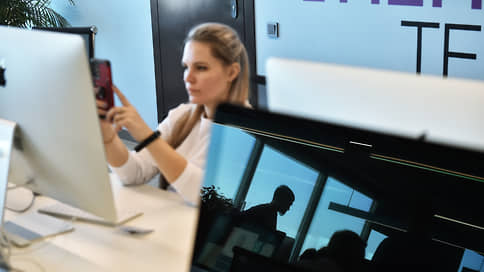
The developers of industrial software (PO) asked the government to take into account their opinion when studying the scenario of the resumption of foreign companies in Russia. Although, according to individual classes, according to the level of import substitution, it does not exceed 30%, Russian manufacturers are afraid of dishonest competition, the loss of technological independence of the Russian Federation and reducing investments in the Russian IT sector.
“Kommersant” got acquainted with the letter of the executive director of the Arpp “Domestic Soft” (unites more than 300 companies) Renat Lashin to the first deputy chairman of the government Denis Manturov of May 19. In his appeal, Mr. Lashin expresses fears of industrial developers according to the relatively statement of Mr. Manturov made on May 18.
Then Denis Manturov saidthat the return of Western companies in the Russian Federation is permissible if it increases competition in the market.
“Such competition may ultimately be dishonest and conflict with the recent statement by Russian President Vladimir Putin at a meeting with members of Business Russia – to focus on their national interests in the decision to return Western brands,” writes Renat Lashin. In the letter, the head of ARPP asks to take into account the fears of the industry in the preparation of decisions on the return of foreign companies and lists the risks that their return: the threat of technological independence, re-sanctioned pressure, lack of guarantees of long-term support, undermining Russian solutions, data leakage, reducing investments in the domestic IT sector, etc.
The volume of the Russian industrial market for 2024 increased by 17.6%, to 60 billion rubles. The annual growth rates are predicted at 11%, but still not all customers use domestic decisions (see “Kommersant” from April 28). Industrial companies relate to critical information and should have been imported until January 1, 2025.
“Since 2022, the share of domestic purchases has increased and today reaches almost 100%today. However, the percentage of the use of domestic solutions in a number of segments still does not exceed 20-30%. For example, engineering software. This is due to the possibility of using a foreign pirate, that is, free, software, ”added Mr. Lashin in a conversation with Kommersant. According to him, for the implementation of investments invested in Russian products, it is necessary for several more years.
The apparatus of Mr. Manturov “Kommersant” said that they would consider the letter upon receipt, and added that the “arguments in general are logical in the document and did not contradict what the president and Denis Manturov spoke about.”
At the moment, the technological and marketing maturity of most new developments does not allow Russian vendors to fully compete with the analogues of world manufacturers, explains Svetlana Ivanova, CEO of RDTekh:
“In 2024, despite the persistent positive dynamics, the growth rate of the domestic IT market decreased almost doubled compared to 2023. This is due to the actual completion of the replacement of foreign software in state -owned companies. ”
“The level of import substitution at enterprises that are critical infrastructure is now about 80%, however, about 30%at objects that do not fall under requirements. Companies are not in a hurry to replace foreign software and spend money on it, ”says Olga Makova, director of the Industrial Automation Department. She believes that the return of foreign vendors “should not be afraid and even more so prohibited”: “Now I don’t see the companies refused to develop because of rumors about their return.”
The most complex types of software for import substitution are systemic, infrastructure and heavy industrial software (PLM, CAD, MES), explains the technical Director of Yakov and Partners Fedor Chemiashkin. Their development, the creation of a technological basis, building the processes of implementation, training and feedback from users from foreign systems took ten years, he adds. “The return of Western vendors can undermine the achieved progress in the field of import substitution and digital sovereignty, which can create a need for additional measures of support from the state, since private investments in the IT market will suffer,” he suggests.

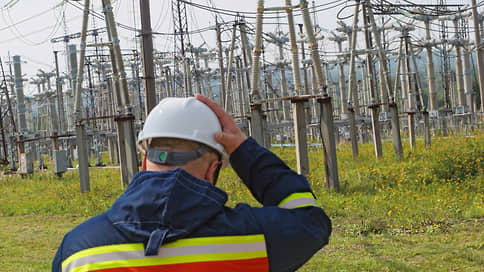
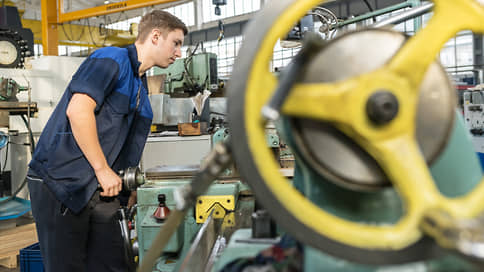
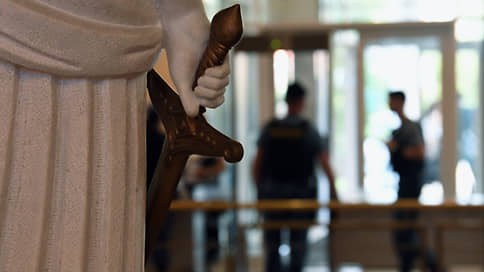
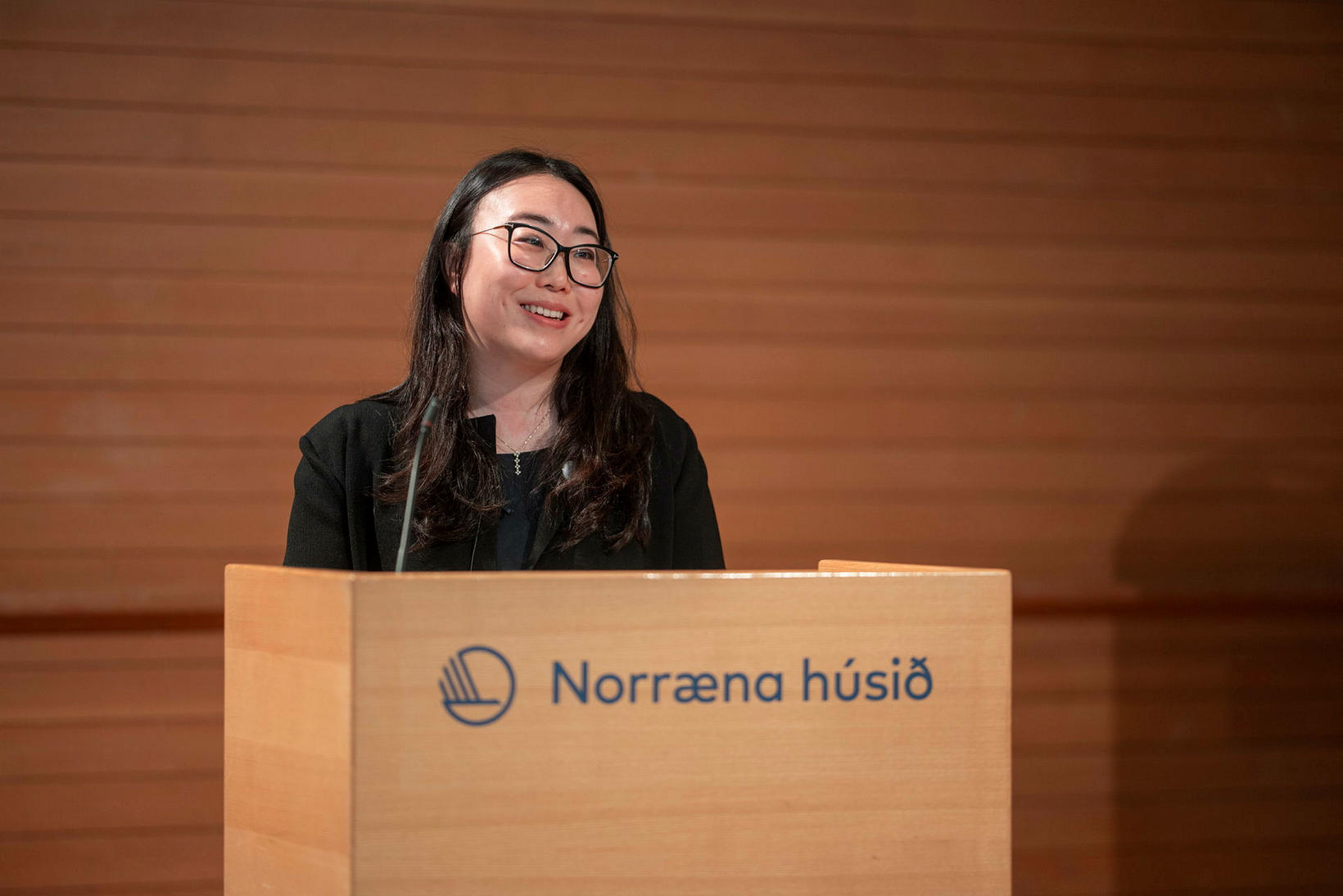


/s3/static.nrc.nl/wp-content/uploads/2025/05/23084526/data132517189-aec886.jpg)